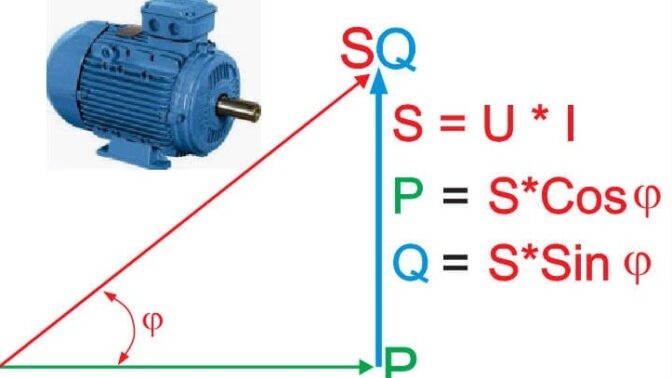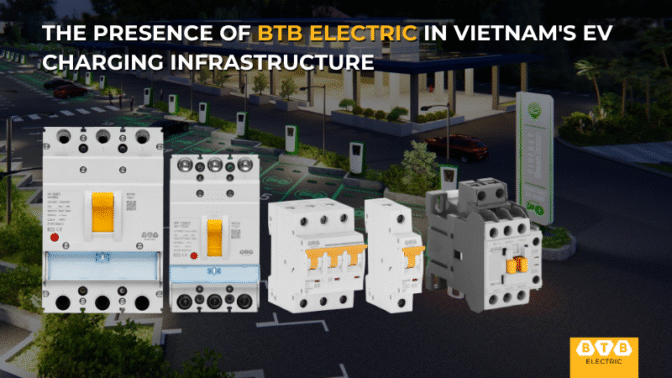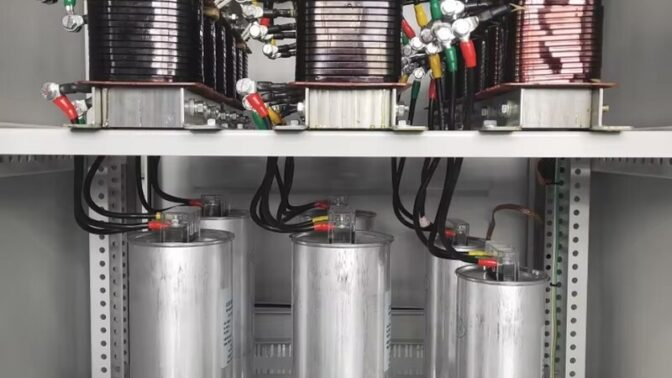24-12-2025
Typical type tests for MCB according to IEC 60898-1
Definition of MCB
An MCB (Miniature Circuit Breaker) is an automatic overcurrent protection device commonly used in low-voltage electrical systems. It functions by disconnecting the circuit when the current exceeds the permissible limit, thereby protecting electrical equipment and wiring from damage caused by overload or short circuit.
Standards applicable to MCB
- IEC 60898-1: International standard for residential MCBs.
- IEC 60947-2: International standard for industrial MCBs.
- EN 60898-1: European standard for residential MCBs.
- EN 60947-2: European standard for industrial MCBs.
Most MCBs available on the market comply with IEC 60898-1. This standard defines the performance, testing, and characteristics of MCBs used in residential electrical systems, with a maximum voltage of 400V AC and a rated current of up to 125A. It ensures overload and short-circuit protection and classifies MCBs based on tripping characteristics (B, C, D).
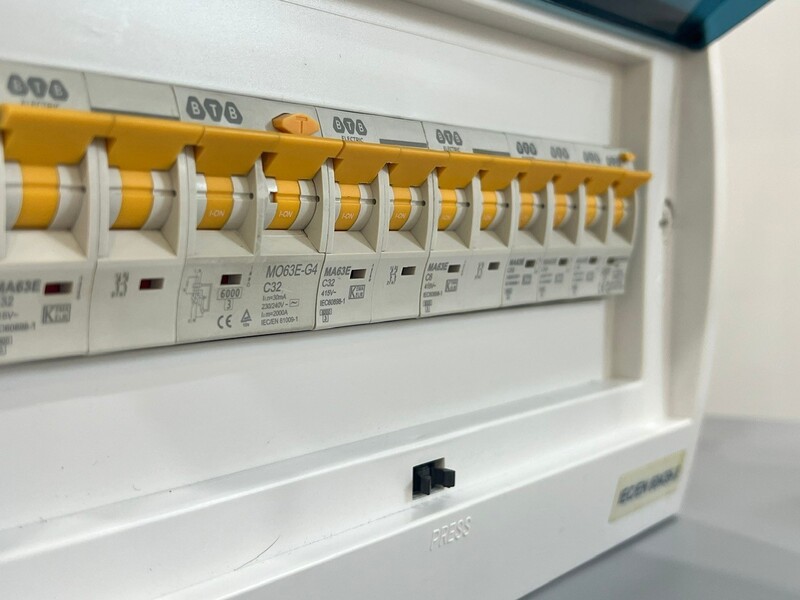
The standard also specifies short-circuit breaking capacity (3kA - 25kA) and requires tests related to temperature rise, dielectric strength, mechanical durability, and arc resistance to ensure safety. Additionally, IEC 60898-1 mandates product marking and identification, ensuring quality standardization and increased safety in usage.
Typical Type Tests for MCB According to IEC 60898-1
MCBs must pass the following tests to ensure quality and safety:
- Durability and resistance to label fading
- Reliability of screws, current-carrying parts, and connections
- Reliability of terminals for external conductors
- Protection against electric shock
- Dielectric properties and insulation capability
- Temperature rise test
- 28-day aging test under extreme conditions
- Tripping characteristics test
- Mechanical and electrical endurance test
- Short-circuit withstand test
- Mechanical shock and impact resistance test
- High-temperature resistance test
- Abnormal heat and fire resistance test
- Corrosion resistance test
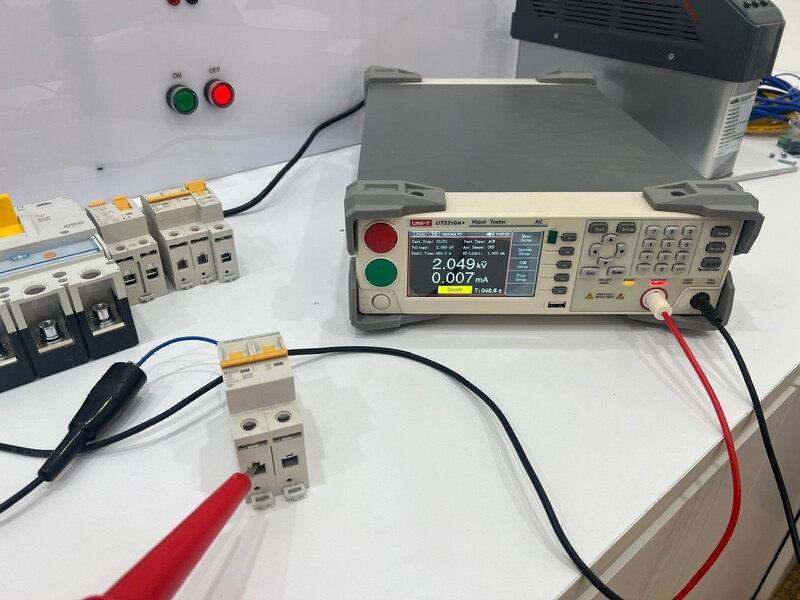
Reputable Testing Laboratories
Leading laboratories worldwide specialize in testing and certifying electrical products, including MCBs. Below are some of the most trusted certification bodies:
- KEMA (DEKRA Certification) – Netherlands
- Intertek (ETL) – Global
- UL (Underwriters Laboratories) – USA
- VDE (Verband der Elektrotechnik) – Germany
- TÜV Rheinland – Germany
MCBs from BTB Electric have been tested and certified by two reputable laboratories, DEKRA and Intertek, ensuring quality and safety for users.
Choosing the right MCB ensures safe, stable, and efficient operation of electrical systems. Compliance with IEC 60898-1 and passing rigorous testing are crucial factors in evaluating product quality. Users should carefully consider technical specifications, standard certifications, and manufacturer reputation to ensure durable and reliable MCB performance over time.

